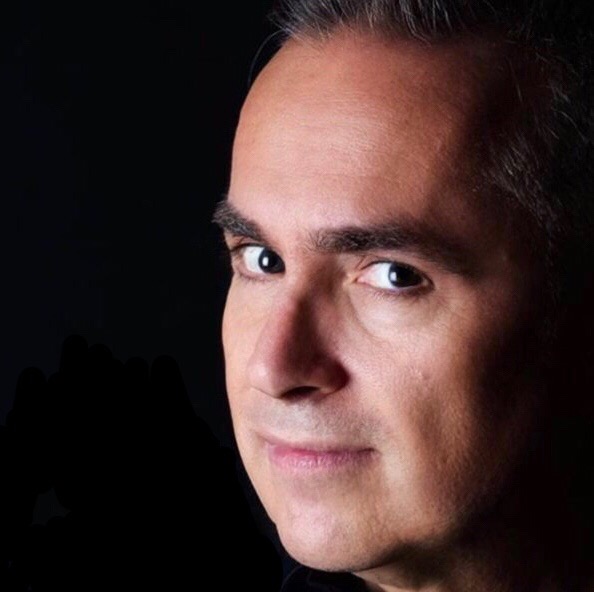The AI Revolution in Voiceover: Threat or Opportunity?
- Roberto Pompili
- Jun 2, 2023
- 2 min read
As we witness an acceleration in technological innovation, artificial intelligence (AI) continues to reshape various sectors, including the voiceover industry. With the rapid progress of AI, one can't help but wonder if voiceover artists will become obsolete. Will AI replace human voiceover talent? The short answer is, partially. But here's the good news – it's also creating an exponential increase in opportunities for content creation and, by extension, voiceover work.
AI has grown capable of synthesizing human-like voices, known as text-to-speech technology. And while these voices are growing more realistic, they aren't perfect and lack the human touch – the warmth, emotion, and nuance that a human voice can bring to a project. These AI-generated voices find their place in specific applications like GPS navigation, automated customer service lines, and some eLearning modules where emotion and nuance are less important.

But here's where the increased opportunities come into play: As AI generates more content, the demand for voiceover artists to provide a more human, authentic touch is also on the rise. In fact, multimedia creators are showing a preference for human voiceover artists for diversified audio content. They understand that a human voice conveys emotion, tone, and subtlety in a way that an AI-generated voice can't match. This is crucial in storytelling, advertising, audiobooks, and other forms of content where evoking emotion is key.
A common misconception is that competition from AI spells doom for voiceover artists. On the contrary, the entry of AI into the voiceover sphere is expanding the marketplace, leading to a surge in voiceover project opportunities. The integration of AI in the voiceover industry is creating more room for innovation and diversification. It's compelling voiceover artists to hone their skills, adapt to new technology, and carve out unique niches where they can excel.
Just to summarise , here are the key takeaways:
- AI will partially replace some voiceover jobs (they were crappy ones, anyway) but it's also increasing opportunities for diversified content creation.
- The surge in content creation leads to an increased demand for human voiceover artists.
- Increased competition in the form of AI represents an opportunity for voiceover artists in a broader marketplace.
- Embracing the presence of AI in the voiceover industry will lead to innovation and skill development among voiceover artists, and focus on more evoluted copyright regulations.
As we venture into this new era of voiceover artistry fused with artificial intelligence, only time will confirm this theory. Ultimately, the evolving landscape can be perceived as a "half-empty or half-full glass" scenario. It's not just about the changes AI brings, but how we adapt, innovate, and view these changes. Are we going to see them as limitations or opportunities? The choice, as always, is ours.



コメント